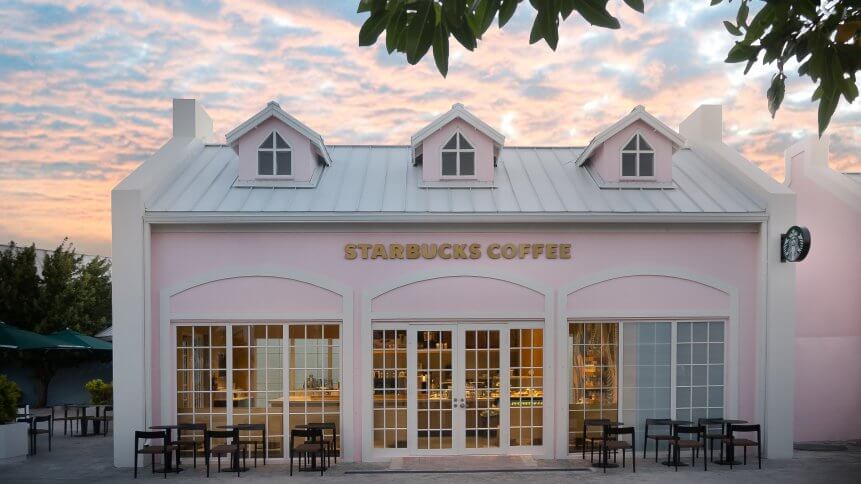Starbucks’ digital strategies are brewing up profits in millions

Starbucks reported net earnings of US$802.9 million which exceeded analysts’ estimations, driving the company’s shares to rise more than 2 percent in extended trading.
According to President and CEO Kevin Johnson, the pumpkin-spiced coffee chain has witnessed accelerated growth due to continuous initiatives such as revamping its loyalty program last quarter, a platform serving 17.6 million coffee lovers in the US.
Besides that, the opening of 4,000 new express format stores in China integrated with the company’s Mobile Order & Pay option and “Starbucks Delivers” service was well received.
The key milestones for the Seattle coffee enterprise can be attributed to the digital investments made. The high returns and impact are strategized based on big data, gathered from 90 million transactions every week, at more than 25,000 stores worldwide.
Starbucks is using data-led technology to ramp up customer engagement and personalization, trace coffee sources and enhance its brand in the eyes of the customer.
Better customer experience from Deep Brew
In his post on artificial intelligence (AI) initiatives of Starbucks, Johnson elaborated on the progress of Deep Brew, its AI solution to “elevate the end-to-end partner and customer experience”.
In terms of optimizing stock and inventory management, Deep Brew will automate the tasks and ensure essential ingredients are always in store— leaving more time for Starbucks partners to interact and impress customers with their craft.
For customers, Deep Brew aims to provide an enhanced experience by recommending products based on contextual factors such as the weather, seasonal items, and products trending in stores.
The solutions are also implemented in the mobile app— the company’s customers are generally on the go, of course.
Personalized experiences can help maximize revenue from each individual customer and level in-store retail with heightened online experiences.
Fast-food giant McDonald’s purchased Dynamic Yield for US$300 million this year, bringing personalized, ‘Amazon-like’ experiences to its drive-thrus. Similarly, items can now be recommended based on time of day, popular items, current restaurant traffic and more.
From coffee bean to coffee cup
Starbucks has been an advocate for ethically-sourced coffees; since 2015, the company has claimed to achieve 99 percent of its coffee beans are sustainably sourced.
The coffee chain moves forward with the movement of supporting farming communities by investing more than US$100 million to coffee communities. Starbucks can support and trace its supply from smallholder farms with the use of traceability technology, receiving real-time information, and automating log in entries.
Besides that, the technology allows Starbucks to connect and collaborate with more than 380,000 coffee farms, also leaving more room for undiscovered sustainable coffee farmers, contributing to it playing a central position in global coffee communities as a whole.
It’s work here has added PR benefits too. What started as optimization and transparency of its supply chain also became an effective marketing strategy to reassure customers of the ethically-sourced coffee beans.
At the same time, the origins of beans drive marketing campaigns by branding the coffee chain in a positive light, helping to win the loyalty and return visits of coffee enthusiasts.
The tied-up digital strategies of Starbucks allows the coffee chain to connect with farmers and customers at a more interpersonal level; however, the level of engagement and return on investment requires a business to be willing to explore and take calculated risk in digital transformation.










